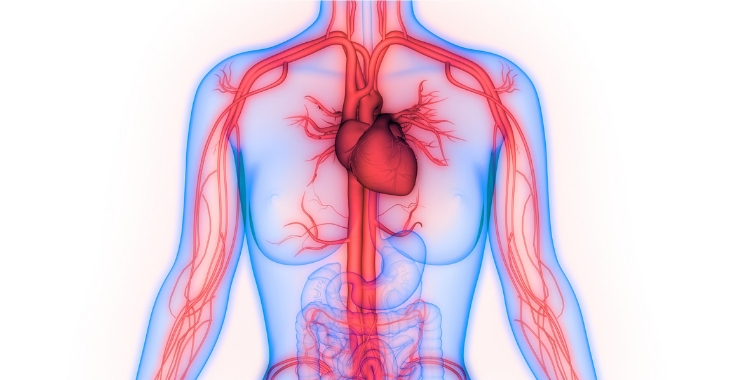What Role Does Genetics Play in Heart Disease?
Heart disease is a very serious health concern for Americans and can lead to possible fatal outcomes, such as severe heart attack or stroke. There are many lifestyle factors that can contribute to heart disease, including diet, exercise, smoking and obesity. While lifestyle factors can be controlled, another contributor to heart disease cannot: genetics. Your family history can have an impact on whether you are at higher risk for heart disease, but what role does genetics have in whether you will have high blood pressure, a stroke or a heart attack?
Genetics are an important aspect of heart disease. If your family has a history of stroke, high blood pressure, heart attacks or other cardiovascular issues, you may have a higher risk. However, a family history of heart disease is not indicator that you will develop a cardiovascular issue, only that you have a higher risk. For example, those who have immediate family members, like a parent, sibling or grandparent, that suffered a heart attack before the age of 55 are at a higher risk, but that does not mean they will have heart issues. The exact genetic markers for cardiovascular disease are still being explored, which may help those with a family history determine if they have the genetic preposition for heart attack or stroke.
Genetics can impact your risk for heart disease, but lifestyle changes can help lower those risks. If you have a family history of heart disease, there are options to improve your heart health. Consulting with a cardiologist and learning the preventive steps you can take to lower your risk, despite your genetics, is the best way to maintain a healthy cardiovascular system and prevent heart disease.
Posted on behalf of:
Corrielus Cardiology
7452 Ogontz Avenue
Philadelphia, PA 19138
(215) 383-5900
The information provided on this website, including text, graphics, images, and other materials, is intended solely for informational purposes and should not be used as a substitute for professional medical advice, diagnosis, or treatment.

)